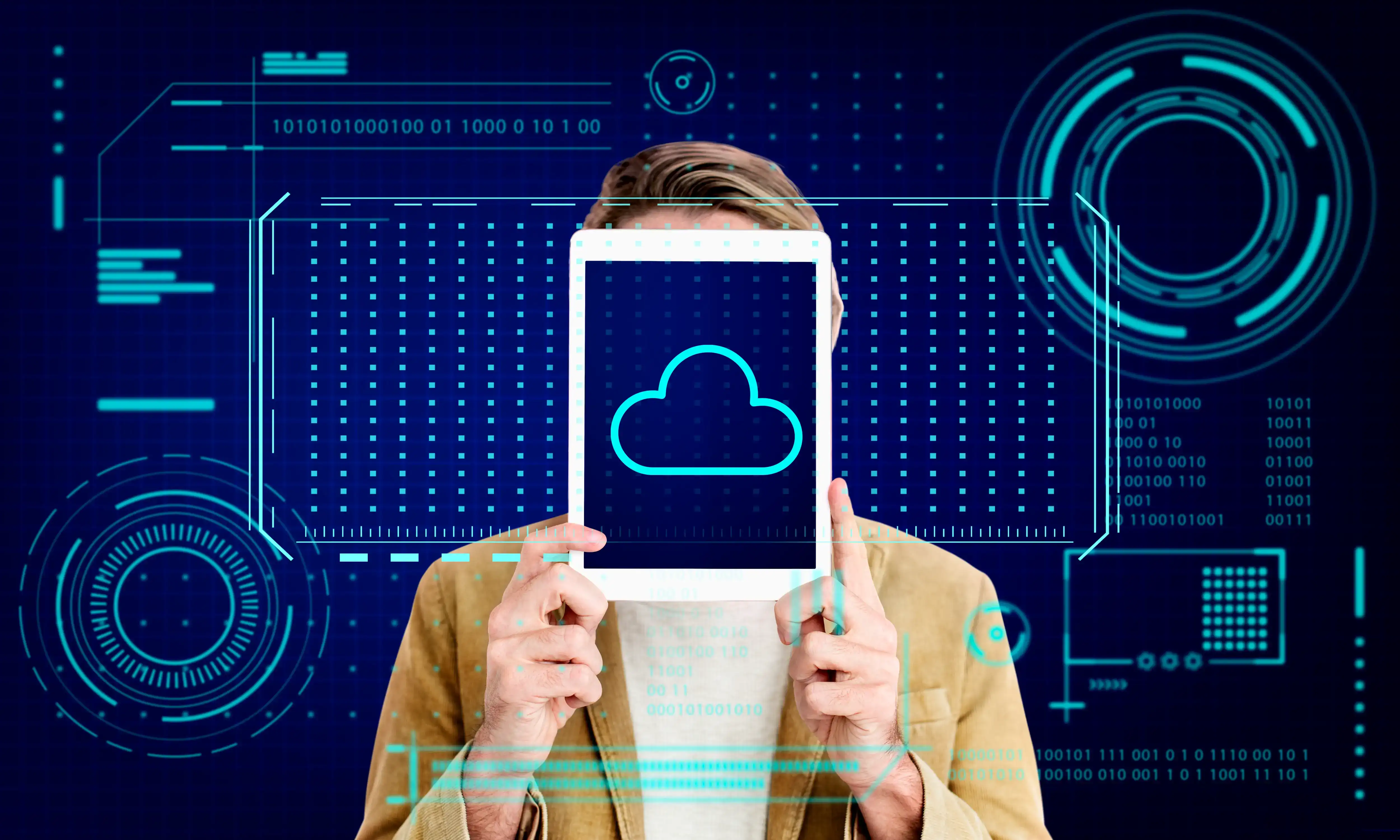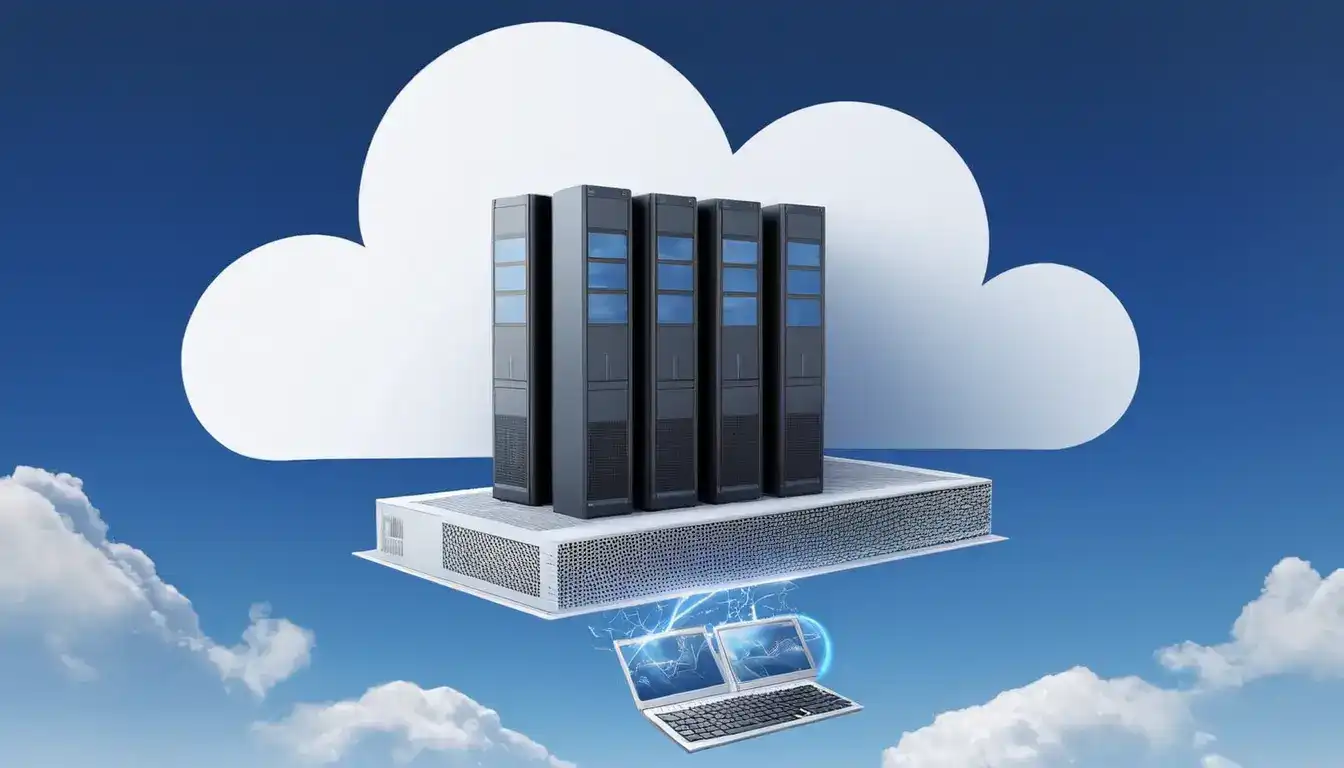Latest Article

Blockchain technology, originally developed for cryptocurrencies like Bitcoin, has evolved into a versatile tool with the potential to revolutionize various industries beyond finance. Its decentralized and transparent nature offers solutions to challenges faced by societies worldwide. Blockchain's impact on society is poised to be transformative across multiple domains, including enhanced security, data integrity, decentralization, supply chain transparency, digital identity, and financial inclusion.
Emily Willis
Perfection is not when...

Blockchain technology has the potential to revolutionize industries with its decentralized and transparent nature, but widespread adoption faces challenges such as scalability issues, interoperability, security concerns, regulatory uncertainty, lack of standards, cost and resource intensiveness, and user experience and education.
Emily Willis
Perfection is not when...

Blockchain technology, originally associated with cryptocurrencies, has evolved to find applications in various industries beyond finance. It offers transparency, security, and decentralization, making it suitable for transforming sectors such as financial services, supply chain management, healthcare, government, energy, real estate, and education.
Emily Willis
Perfection is not when...

Blockchain technology is a decentralized digital ledger that records transactions securely and transparently across multiple computers. Key concepts include decentralization, cryptographic security, and consensus mechanisms. Transactions are verified, grouped into blocks, and added to the blockchain through a consensus process.
Emily Willis
Perfection is not when...

The Internet of Things (IoT) is revolutionizing industries by enabling real-time monitoring, automation, and decision-making. However, implementing IoT technology comes with challenges such as security concerns, interoperability issues, data management, scalability, and cost. Despite these challenges, IoT offers opportunities for operational efficiency, enhanced customer experience, innovation, environmental sustainability, and business intelligence.
Emily Willis
Perfection is not when...

Cloud computing is essential for modern businesses, offering cost savings, scalability, and improved collaboration. Implementing cloud computing requires careful planning to ensure safety and efficiency. Tips for safe and efficient implementation include conducting a needs assessment, choosing the right cloud service model, prioritizing security, planning for data migration, optimizing costs, training your team, implementing backup and recovery solutions, monitoring performance, planning for scalability, and staying updated with industry trends.
Emily Willis
Perfection is not when...

Choosing the right cloud computing platform is essential for business success. Factors to consider include assessing business needs, evaluating cost and pricing models, analyzing performance and reliability, examining security and compliance, considering scalability and flexibility, evaluating support and customer service, assessing integration and compatibility, and reviewing user experience and ease of use.
Emily Willis
Perfection is not when...

Cloud computing has become essential for modern businesses, offering services that streamline processes, reduce costs, and increase flexibility. Understanding the types of cloud computing services available, such as Infrastructure as a Service (IaaS), Platform as a Service (PaaS), and Software as a Service (SaaS), can help businesses make informed decisions.
Emily Willis
Perfection is not when...

Cloud computing has revolutionized business operations by offering cost savings, scalability, improved collaboration, enhanced security, and robust disaster recovery. It allows businesses to access services over the internet, reducing the need for physical infrastructure and providing flexibility.
Emily Willis
Perfection is not when...

Cloud computing technology has become essential for modern businesses, offering cost efficiency, scalability, and flexibility. It enables streamlined processes, enhanced productivity, and improved collaboration among employees. Cloud computing also ensures data security, disaster recovery, and business continuity. By migrating to the cloud, businesses can streamline IT operations, enhance customer experiences, access advanced technologies, and reach a global audience. Real-world applications of cloud computing include e-commerce, healthcare, financial services, manufacturing, and education.
Emily Willis
Perfection is not when...

Blockchain technology, initially associated with cryptocurrencies, has expanded to have diverse applications across industries. It is a decentralized digital ledger that ensures secure, transparent, and immutable transactions. Beyond cryptocurrency, blockchain has been applied to supply chain management, healthcare, voting systems, smart contracts, digital identity verification, real estate transactions, and supply chain finance. Future trends include enhancing interoperability, addressing scalability issues, and exploring regulatory frameworks. Overall, blockchain technology has the potential to revolutionize various sectors by enhancing efficiency, security, and trust in operations.
Emily Willis
Perfection is not when...
Trending 🔥
View All
2
3
4
5
6
7
9
10
Lifestyle
View AllSports
View AllAugust 4, 2024
The Importance of Mental Training and Psychological Strategies in Helping Athletes Reach Their Peak Performance on the Field
Read MoreAugust 5, 2024
Celebrating Sports Legends: Honoring Iconic Figures and Their Enduring Impact
Read MoreTechnology
View All
August 4, 2024
The Future of Artificial Intelligence: Opportunities and Challenges
opportunities and challenges presented by Artificial Intelligence (AI) in various sectors such as efficiency, customer experiences, healthcare, education, and economic growth. It highlights the need to address ethical considerations, job displacement, privacy issues, security risks, and regulatory challenges associated with AI.

August 4, 2024
Bridging the Digital Divide: Ensuring Everyone Has Access to Technology
we can bridge this gap and create a more inclusive digital landscape.

August 4, 2024
The Role of 5G Technology in Revolutionizing Communication
The introduction of 5G technology is set to revolutionize communication by offering faster speeds, lower latency, and increased capacity for connecting devices. This technology will impact various sectors such as healthcare, transportation, and entertainment. 5G enhances communication through faster speeds, lower latency, and increased capacity, enabling applications like remote surgery, autonomous vehicles, and high-quality streaming.

August 4, 2024
Role of Cloud Computing Technology in Modern Business
Cloud computing technology has become essential for modern businesses, offering cost efficiency, scalability, and flexibility. It enables streamlined processes, enhanced productivity, and improved collaboration among employees. Cloud computing also ensures data security, disaster recovery, and business continuity. By migrating to the cloud, businesses can streamline IT operations, enhance customer experiences, access advanced technologies, and reach a global audience. Real-world applications of cloud computing include e-commerce, healthcare, financial services, manufacturing, and education.








